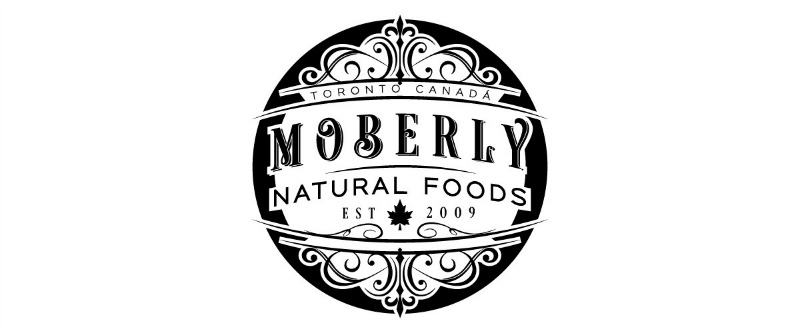I don’t know about you, but I’m finding that the older I get, the harder it is to recover from my workouts. When I was younger, I could dance from sunup to sundown, run around all night, then get up and do it all again. Now, I’m stiff, sore, and just plain tired. And heaven help me if I take a week or two off! If you’re struggling with post-workout recovery, too, this one’s for you.
Why Do We Heal More Slowly With Age?
Well, the scientific jury’s still out on that one. It may have to do with hormonal changes in the body, an elevated inflammatory response, or an impaired ability to regenerate our cells with age. There’s not much we can do to stop the process, but there are some things we can do to mitigate the effects.
You Have To Rest.
I’m not just talking about sleeping, either. Even if you used to be able to hit the gym comfortably 6-7 times per week, you may need more actual rest days. I know it seems like more is better, but taking time off can actually yield better results.
Fighting Inflammation and Boosting Repair
There are lots of foods and supplements that can help you fight inflammation. Omega 3 fatty acids have a great anti-inflammatory effect in the body, so add in salmon, walnuts, chia seeds, and a lot of leafy greens. Or, if you’re looking for an extra boost, the easiest way to get more omega 3s in your life is to add a fish oil supplement. 
As far as supplements go, try curcumin (the active ingredient in turmeric). It is known for its anti-inflammatory properties, and can help with a whole lot of inflammatory conditions. In fact, it’s SO good at its job, Vega included it in their Vega Sport Protein as a recovery booster. They also added in a nutrient called L-Glutamine.
L-Glutamine is an amino acid whose job it is move nitrogen atoms around your body. It can speed the recovery process by rushing nitrogen to your damaged muscles. It can also boost your immune system, and who doesn’t need that?
While most people get enough L-Glutamine from their diets alone, if you’re exercising a lot, your L-Glutamine stores may not have time to rebuild between workouts. That’s when adding in an L-Glutamine supplement can be beneficial to speed up your recovery. It’s more absorbable in powder form, so try out our Organika L-Glutamine powder. You can add it into smoothies, yogurt, cereals, or even juice.
Boost Those Hormones
Your hormones may decline with age, but you can help boost production with your diet. The most important thing that most people forget (oh 90s diet advice) is FAT. Fat is SO important for the production of all hormones, so make sure you’re including enough in your diet. You also need adequate protein, vitamins, and minerals.
Don’t Forget About Carbs!
Your body uses carbs to make glycogen, the fuel you burn during workouts. After working out, your glycogen stores are depleted, and you need carbohydrates to build the stores back up. This will give you more energy and endurance for your next workout.
If you’re an endurance athlete, you’ll need a post-workout ratio of 4:1 carbs to protein. For strength athletes, you only need 2:1. If your sport requires both strength and endurance, you’ll want to aim for a 3:1 ratio of carb to protein. You can figure out how many carbohydrates you need by multiplying 0.5-0.7 by pounds of bodyweight. For example, a 150 lb athlete would need 75 – 105g of carbohydrates. From there, you can calculate your protein needs, as well.
Now, none of this advice will make you the athlete you were when you were 20, but you don’t need to be. Listen to the messages your body sends you as you age, and adjust your exercise routine accordingly. And hey, as the weather turns nicer, who doesn’t want to spend more time walking on the boardwalk and less time in a fluorescent-lit gym?

